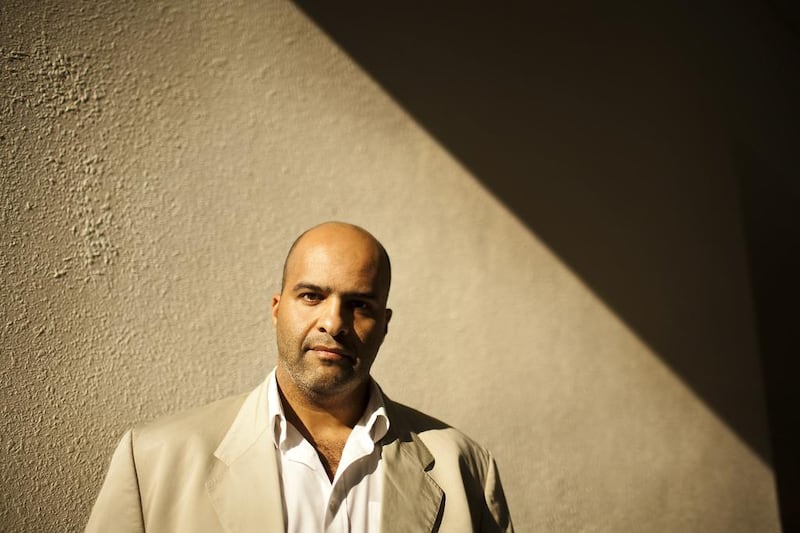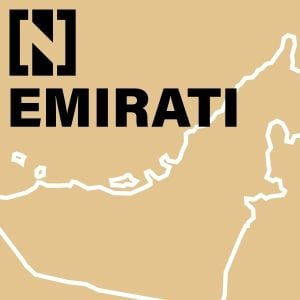ABU DHABI // “Tall, long hair, beautiful eyes, good looking and must be in employment …”
The things men look for in a bride these days are a marked change from 20 years ago, when they sought partners who could cook, were shorter than them and did not have or want a job.
The shift has been reported by Emirati khatabaat – female matchmakers – in a study by experts at Zayed University in Abu Dhabi.
“We suspected that the khataba would echo the conventional wisdom, that thin is in,” said Prof Justin Thomas, co-author of the study.
“But we were surprised that the rate of physical to non-physical attributes had reversed so drastically.”
In the past, about 80 per cent of the attributes men specified were non-physical, such as being pious, from a good family, with good morals and a handy cook, Prof Thomas said.
Now about 60 per cent of the attributes men look for in a prospective bride are based on looks.
“The data from our interviews with the khatabaat would suggest that these traditional values still remain important,” he said.
“However, recent decades have seen a greater emphasis placed on beauty and also changes in terms of the attributes considered beautiful and desirable.
“One aspect of this shift that remains unclear is the extent to which these prescriptions independently reflect changing values within males or females.”
Men having more say in choosing a bride may be to blame for the change. Generally speaking, it is mothers who interact with the khataba on a son’s behalf.
The relative input of mother and son in terms of prescribing desirable attributes is likely to vary, Prof Thomas said.
“However, one informant in the present study suggested that males are now far more involved than they once were.”
An unwavering request put to a khataba throughout the years was that the woman has high morals.
But the main request now is for a prospective wife to be employed.
“Several of the khatabaat also expressed concern that nowadays some men were keen for the wife to be employed,” Prof Thomas said.
“This would never be a request in the past. The opposite would have been true.”
The associate professor of sustainability sciences and humanities at Zayed University said the findings had important implications in the context of body image and problems related to disorders.
“For instance, in a context where slimness is increasingly viewed as an important appearance-related attribute, the desire to marry might motivate some women to engage in unhealthy weight-loss behaviour,” Prof Thomas said.
“Similarly, a mother desirous of her daughter’s betrothal might actively encourage such behaviours.
“Logically, the threat of [not finding a spouse] might further propel dietary behaviours aimed at obtaining the ‘desirable figure’, particularly in those females wishing to marry.
“The high rates of body-image dissatisfaction and abnormal eating attitudes previously reported in regional literature may in part be a consequence of this apparent shift in appearance-related preferences.”
The study, Changing Physical Appearance Preferences in the UAE, explored changes in physical appearance preferences in the UAE over the past two decades.
Interviews were conducted with five khatabaat marriage brokers from Abu Dhabi and Ras Al Khaimah. All have been performing their matchmaking services for decades.
The khatabaat tend to be older women who are well respected in the community.
The study was published this year in the Mental Health, Religion and Culture journal produced by British publishing house Routledge.
jbell@thenational.ae






